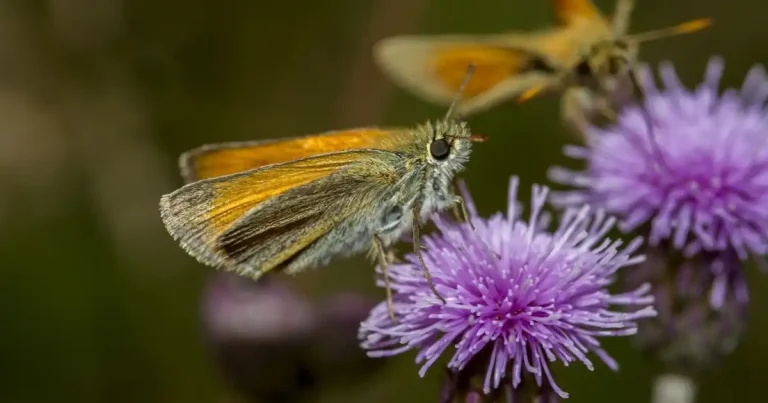12 Sept 2025
Organisers of an annual survey say its findings show the need for action, including measures affecting some veterinary treatments.

A charity has claimed the results of its annual butterfly population survey show the need for tougher action on environmental harms linked to pesticides, including those used in veterinary care.
Officials have described the results of this year’s Big Butterfly Count as “pretty average” despite some evidence of a recovery from last year’s record lows.
The survey period coincided with the launch in July of a new government-led roadmap to review the impact of pet flea and tick treatments on the wider environment.
But while that process could eventually lead to regulatory reforms, Butterfly Conservation argued stronger, and more urgent, measures are needed.
Richard Fox, the group’s head of science, said: “We’ve reached a critical moment. The time to take action for UK butterflies is now.
“Even when the weather is good, the environment is only able to support far fewer butterflies than it used to.”
Around 1.7 million butterflies and moths were recorded during this year’s survey, equating to an average of around 10.3 during each 15-minute count.
But while that was an increase from last year’s low of seven, the charity fears many common species are still facing significant pressure.
Dr Fox said: “There remains a need for us to take urgent action to support our butterfly populations, including by improving the environment in which they live, restoring habitats and reducing pesticide use.
“Until we do these things we are unlikely to see a great recovery in butterfly numbers, regardless of how much the sun shines.”
The count’s results have coincided with the publication of an open letter to retailers, which Butterfly Conservation is urging its supporters to sign, calling on them not to sell harmful products to the public.
While it is primarily concerned with the chemicals that are used in gardens, officials said flea treatments that contain either fipronil or imidacloprid and are available without prescription would also fall into the category.
Leading veterinary and industry groups have given their support to the new roadmap, arguing that greater understanding of the issue is still needed.
But Butterfly Conservation supports the Pesticide Action Network UK’s call for more immediate measures including a ban on the use of products deemed too harmful for crops.
The group has welcomed the publication of new guidance from the Health and Safety Executive on emergency usage, though it maintains prohibitions are necessary.